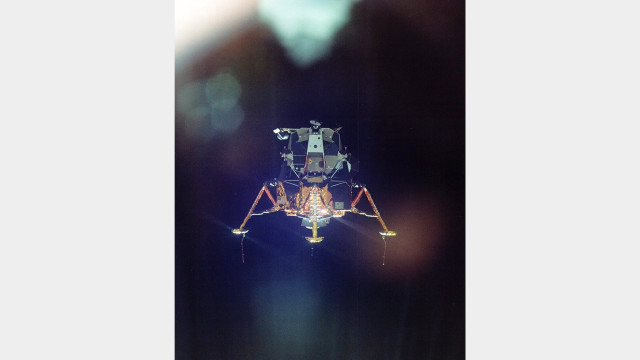The U.S. unmanned Odyssey lander, which became the first private spacecraft to reach the moon, met its final end after failing to "wake up," the company that built it said.
Houston-based Intuitive Machines said late on March 23 that the lander, called Odyssey, failed to make contact with home this week when its solar panels were supposed to receive enough sunlight to turn on its radio.
The lander landed at an odd angle on February 22, but still managed to complete several tests and send back pictures before its mission was declared over a week later when it entered a weeklong lunar night.
It was hoped by Intuitive Machines that it might "wake up" after receiving sunlight again, as did Japan's SLIM spacecraft - which landed "upside down" in January.
The company said Saturday at X that after several days of waiting, operators had confirmed that the power system of the lander, fondly called "Odi," "will not complete another call home."
"This confirms that Odi is finally extinguished after cementing its legacy in history as the first commercial lunar lander to land on the moon," the statement said.
The mission was declared a success by Intuitive Machines and NASA, although it encountered numerous problems along the way, including a rollover on landing.
It was also the first landing of an American spacecraft on the Moon since the manned Apollo 17 mission in 1972.
NASA plans to return astronauts to the moon later this decade. It paid Intuitive Machines about $120 million for the mission as part of an initiative to delegate cargo missions to the private sector and stimulate the lunar economy./BGNES
The US lunar module has gone permanently "asleep" after the historic landing




 24 06 2024.webp)

